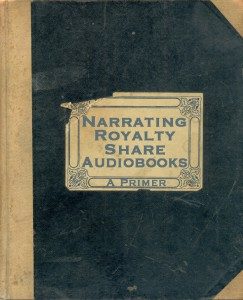A friend’s daughter has recently started college. She’s living on campus, which is something I didn’t do. In fact, she traveled around to universities in several states to pick the right campus for her.
I only applied to one college and commuted here in Atlanta. While I got a great education and never regretted my choice, hearing about this girl’s experiences both in picking and living at college have made me think about things I may have missed in my college years.
One thing I missed was going to football games. My college didn’t have a football team. I had played piccolo in high school marching band and would have enjoyed playing in the band on college football Saturdays.
A big advantage to being an audiobook narrator is that I can vicariously live through other people, even when they are fictional characters. For instance, in the fun, cozy Dixie Diva mysteries, Trinket Truevine, the first person narrator, and her cousin/best friend Bitty Hollandale went to Ole Miss. In fact, the latest book in the series Divas and Dead Rebels revolves around a dead professor on campus.
In one scene, the ladies attend a tailgating party at The Grove. I decided to make a video of that scene for an audiobook trailer and was thrilled to do the Hotty Toddy cheer for Ole Miss right along with some students!
